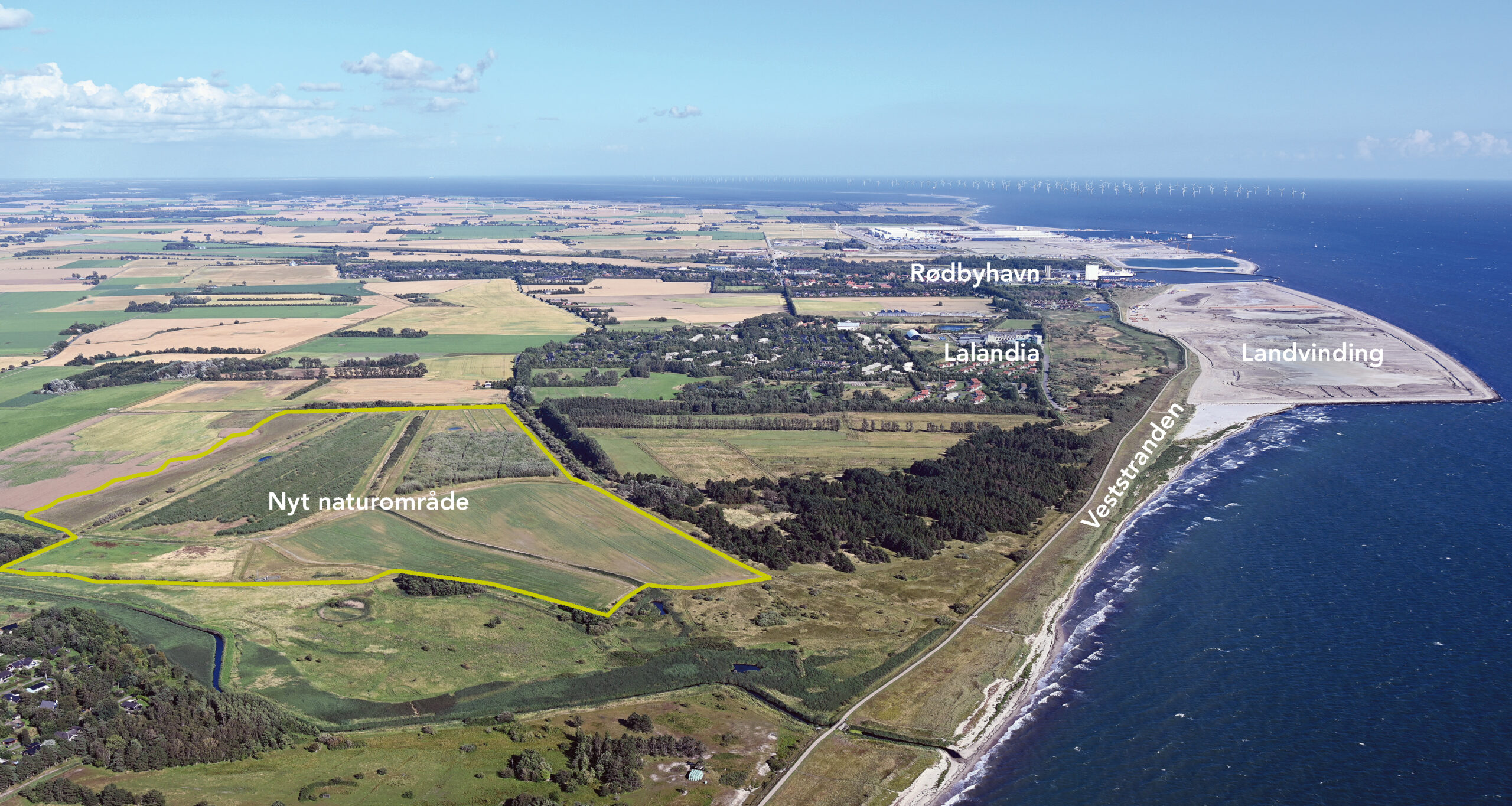A new study, based on 6.2 million Danish patients, could soon allow scientists to predict what illnesses each individual is predisposed to face in the future.
Scientists from the University of Copenhagen and the Technical University of Denmark analysed the national health registry, that includes medical consultations and hospitalisations from 1996 to 2010, and this data allowed them to map the development of diseases.
A large network created to illustrate the diseases' routes also let them trace the secondary complications common in patients affected by diabetes.
The research has been presented during the Euroscience Open Forum 2014 in Copenhagen. "Here we can see which diseases affect each patient and in what order. This gives us new knowledge about the ways illnesses develop,” said leading author, Professor Søren Brunak.
Combine with DNA sequencing
It is the first time that this kind of study has been conducted on an entire population, and was made possible because the scientists were granted access to all patient data from the registry.
By the combination of this study with DNA sequencing, which is the ultimate goal, information about genetic diseases will be revealed.
Brunak concluded that, excluding contingent illnesses caused by lifestyle, "if we can map the part of the genome that tells us about diseases, we can predict which diseases a patient is genetically predisposed to."














